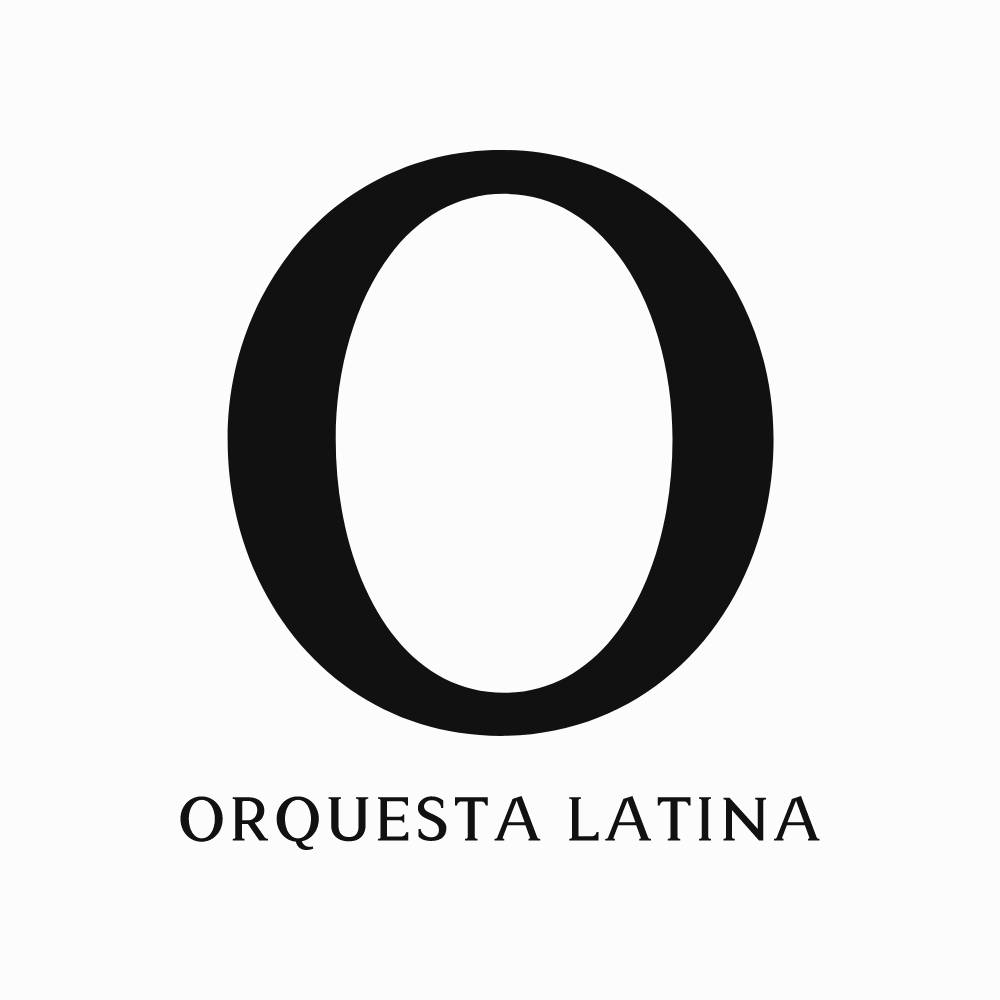IS BRAND PURPOSE OVER-RATED?
In the business world, the brand purpose has become a buzzword, a holy grail, a magic wand that is supposed to transform businesses and make consumers swoon. But is it all it's cracked up to be, or is it just another over-hyped concept? Let's dive in!
Picture this: You're at a party, and someone asks about your brand. You say, "We sell the best widgets in the world." Sounds great, right? But then they retort, "So what? Why should I care?" That's where brand purpose comes in. It's about creating a deeper connection with your audience by aligning your brand with a cause or value that resonates with them and that the Brand or company can commit to delivering.
Take Patagonia, for instance. They don't just sell outdoor clothing and gear. Their purpose is to "build the best product, cause no unnecessary harm, and use business to inspire and implement solutions to the environmental crisis." It's a lofty goal, but it resonates with their target audience and sets them apart from their competitors.
But here's the catch. Brand purpose is not a magic trick. It's not the rabbit you pull out of your hat when your sales lag. It's not something you can fake or slap on as an afterthought. Consumers can smell insincerity a mile away. Remember the backlash when Pepsi tried to align itself with the Black Lives Matter movement? It felt forced and insincere, and they paid the price.
As the great marketing guru Philip Kotler said, "Marketing is not the art of finding clever ways to dispose of what you make. It is the art of creating genuine customer value." Brand purpose is part of creating that value, but it must be genuine, it must resonate with your audience, and your actions must back it up.
So, is brand purpose overrated? No, but it's not a panacea, either. When used correctly, it's a powerful tool, but it's not a substitute for a quality product or service, fair pricing, or excellent customer service. It's part of a bigger picture, just like a spice in a recipe. Too little, and your dish is bland, too much, and inedible. Get the balance right, and you have a dish (or a brand) for which people will keep returning.
What do you think? Is brand purpose over-rated, or just need to be understood?












